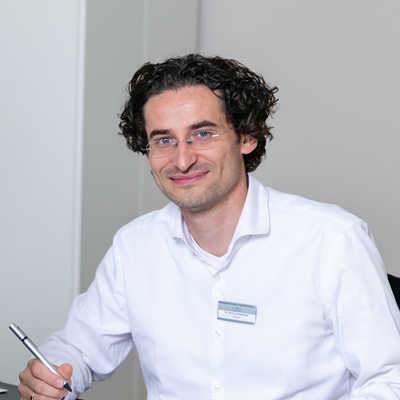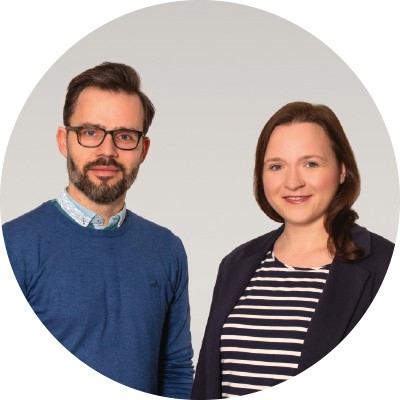Private clinic for ADHD / ADD
Focused Life Again
Adults with ADHD often do not know that these behaviors are not a part of their personality but the consequences of a disease. The assumption that ADHD only occurs in children and adolescents contributes to this. Contrary to the frequent assumption, ADHD (without hyperactivity) / ADHS – affects up to 3.4% of all adults, often unaware because the signs are too rarely recognized. Inner restlessness, lack of concentration, organizational difficulties, low stress and frustration tolerance, impulsivity – those affected suffer from significant limitations and problems in everyday life, at work, and in private life.
They are usually accompanied by depression, anxiety disorders, or alcohol and drug addiction. With professional therapeutic help, attention (hyperactivity) deficit disorder can be treated effectively and sustainably. Learn more about treatment in our patient information ADHD / ADD.
Get advice from our experts now at+49 3996 140490.
AD(H)S symptoms
The symptoms of attention (hyperactivity) deficit disorder, or AD(H)S, can be nonspecific and varied in adults, so the underlying disorder is not always recognized. Common symptoms include but are not limited to
- Impulsivity
- Vibrations of mood
- Diminished performance
- Hyperactivity/internal agitation
- Disturbances in concentration and attention
- Difficulty with self-organization and self-regulation
- Avoidance behavior
Some affected individuals do not suffer from the typical restlessness (hyperactivity). In this case, it is called attention deficit disorder (ADD).
Consequences of AD(H)S
Impairments can be found in all areas of everyday life. For example, people with ADHD often start activities they do not finish. While one thing is starting, the next one already looms in mind. The consequences of attention (hyperactivity) deficit disorder can be far-reaching and affect the following areas, among others
- Restrictions in road traffic
- Addiction problems
- Difficulties in social relationships
- Frequent job changes
- Low self-esteem
- Concomitant illnesses such as depression or anxiety disorders
Causes of AD(H)S
Not only one specific factor, but usually a bundle of causes promote the occurrence of ADHD. Heredity, i.e., genetic predisposition, plays a vital role. But external influences such as premature birth or drug use during pregnancy also have an impact on the development of ADHD. Moreover, in ADHD patients, specific brain regions have been affected that show a structural change. A disorder in the area of neurotransmitters is also a possible cause.
“And still there is that restlessness, that energy, which makes me sad because I still can’t sit still and be creative – which is what I long for so much.” Former ADHD patient on her condition.

